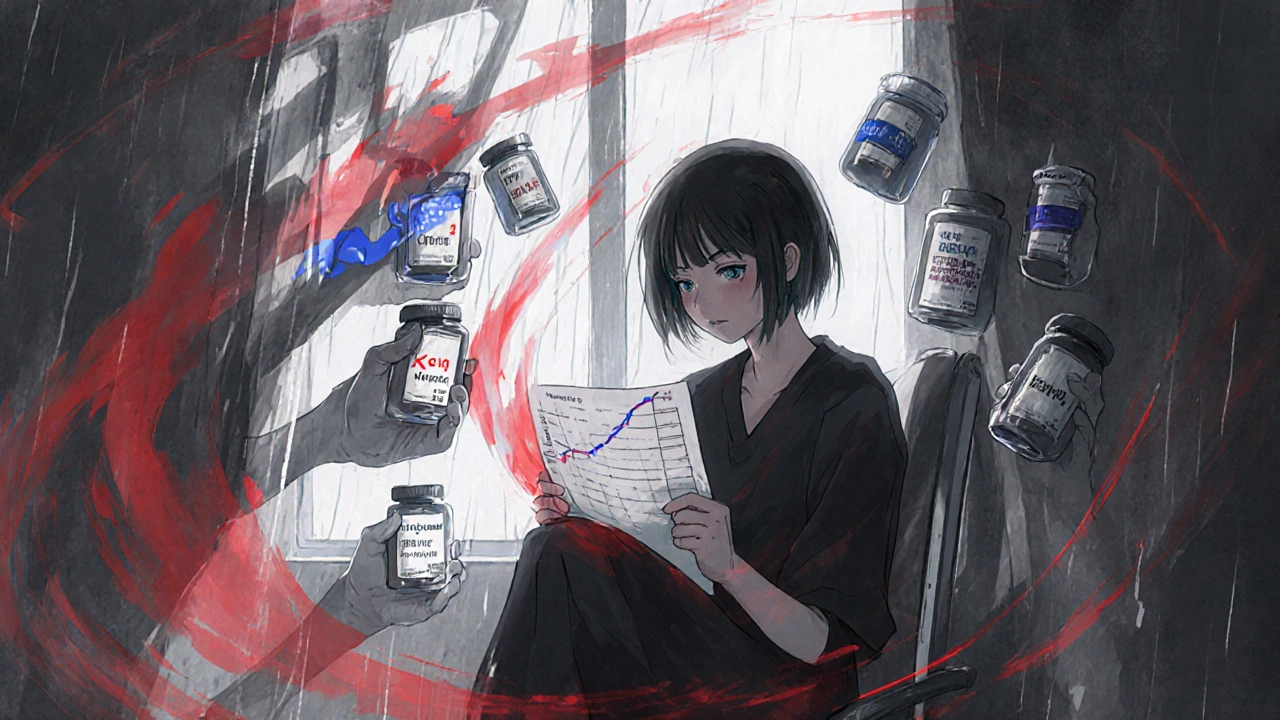Immunosuppressants: What They Are, How They Work, and What You Need to Know
When your body’s immune system turns against itself—or attacks a new organ—it can be deadly. That’s where immunosuppressants, drugs that calm down the immune system to prevent it from attacking healthy tissue or transplanted organs. Also known as anti-rejection drugs, they’re not a cure, but a necessary tool for people with autoimmune diseases or those who’ve had organ transplants. Without them, the body sees a new kidney, liver, or heart as an invader and tries to destroy it. For someone with lupus or rheumatoid arthritis, these drugs stop the immune system from attacking joints, skin, or organs.
These medications don’t just shut down immunity—they target specific parts of it. Some block signals between immune cells, others kill off overactive T-cells, and a few stop the body from making antibodies. Common types include cyclosporine, a drug used since the 1980s to prevent transplant rejection by blocking T-cell activation, tacrolimus, a stronger cousin of cyclosporine with similar effects but different side effects, and mycophenolate, often used for its ability to stop immune cells from multiplying without wiping out all defense. Each has its own risks: kidney damage, high blood pressure, increased infection risk, or even higher chances of certain cancers over time. That’s why doctors don’t prescribe them lightly.
What most people don’t realize is that these drugs aren’t just for transplant patients. They’re also used for severe cases of psoriasis, Crohn’s disease, multiple sclerosis, and even some types of lupus nephritis. The goal isn’t to eliminate the immune system—it’s to quiet the parts that are causing harm. But that balance is fragile. Too much suppression, and you’re vulnerable to common infections. Too little, and your body keeps attacking itself or the new organ. Monitoring blood levels, checking for signs of infection, and adjusting doses over time are all part of the routine.
You’ll find posts here that dig into how these drugs are tested for safety, how patients manage long-term side effects, and what happens when someone tries to stop them too soon. You’ll also see how storage and labeling mistakes can lead to dangerous dosing errors, especially when patients are juggling multiple medications. There’s no one-size-fits-all approach. What works for a kidney transplant patient might not be right for someone with ulcerative colitis. The key is knowing your options, understanding the trade-offs, and working closely with your care team to stay safe.

Azathioprine and TPMT Testing: How Genetic Screening Prevents Life-Threatening Side Effects
Jan, 26 2026

Vaccines and Medications: Timing With Immunosuppressants
Nov, 22 2025

Immunosuppressants: Cyclosporine and Tacrolimus Generic Issues Explained
Nov, 12 2025
